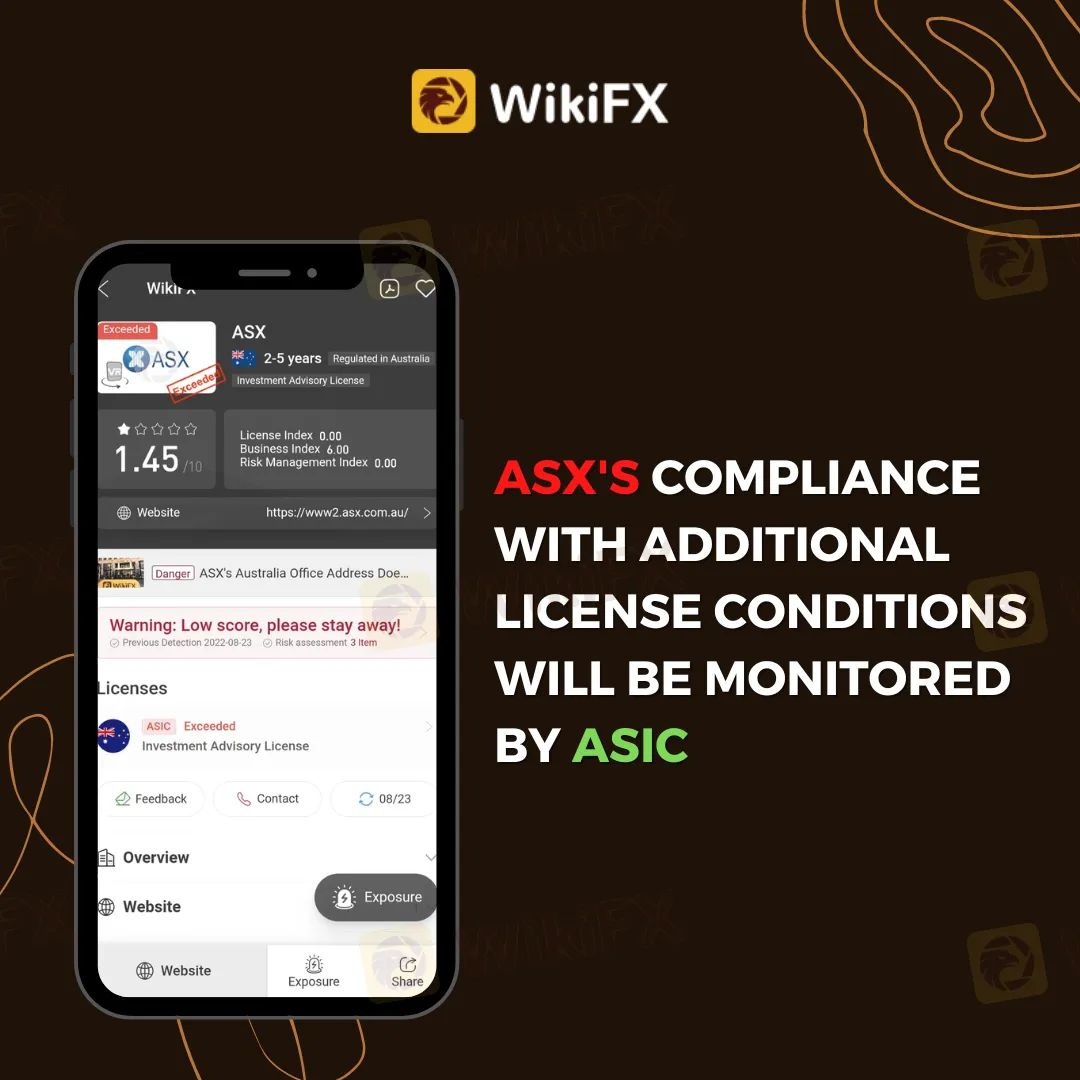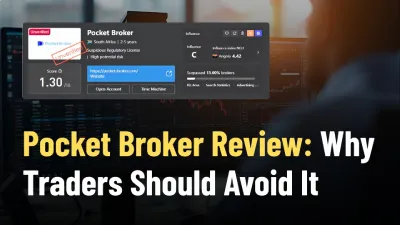Abstract:ASIC notes that it will monitor ASX Clear and ASX Settlement's compliance with the additional license conditions, including the provision of independent expert reports on ASX's Assurance Program and the status of any corrective actions, as well as attestations from senior executives and the board that the system and ASX are operationally ready to migrate.

The Australian Securities and Investments Commission (ASIC) today released its four-year Corporate Plan.
The regulator says it will closely monitor ASX's implementation of the CHESS replacement, including its governance of the CHESS replacement program, planning activities to ensure the market has a high degree of confidence in a revised go-live date, and risk management associated with the program's implementation, including its single cutover approach to migrate to the new system.
ASIC notes that it will monitor ASX Clear and ASX Settlement's compliance with the additional license conditions, including the provision of independent expert reports on ASX's Assurance Program and the status of any corrective actions, as well as attestations from senior executives and the board that the system and ASX are operationally ready to migrate.
ASIC will also monitor ASX's continuous investment in and maintenance of the present CHESS system to ensure that it continues to serve the market reliably until the revised CHESS replacement go-live date.
The regulator will also study and review the ASX operating rules modifications required for the CHESS replacement, and will advise the Minister's delegate on whether to deny all or a portion of the changes.

Let us remember that ASIC announced in November 2021 the introduction of new licensing requirements on three licenses owned by the ASX Group.
This occurred while the ASX regulator completed its investigation and review of the November 2020 market disruption.
The licensing requirements are aimed at limiting risks for future improvements, with a particular focus on CHESS Replacement Program monitoring.
The new licensing restrictions imposed on ASX's Australian market license necessitate the resolution of fundamental problems with ASX operations that resulted in the market outage in November 2020. Furthermore, the criteria hold the ASX board and top executives accountable for the execution of the corrective steps and demand attestations from the ASX board that suitable controls, processes, skills, and resources are in place.
The new restrictions placed on ASX Clear Pty Ltd and ASX Settlement Pty Ltd licenses require ASIC to hire an independent expert to examine whether ASX's assurance program for the replacement of CHESS is suitable for purpose, identify any inadequacies, and report to ASIC on a regular basis.
Keep an eye out for more broker news.
Download the WikiFX App from the App Store or the Google Play Store.











